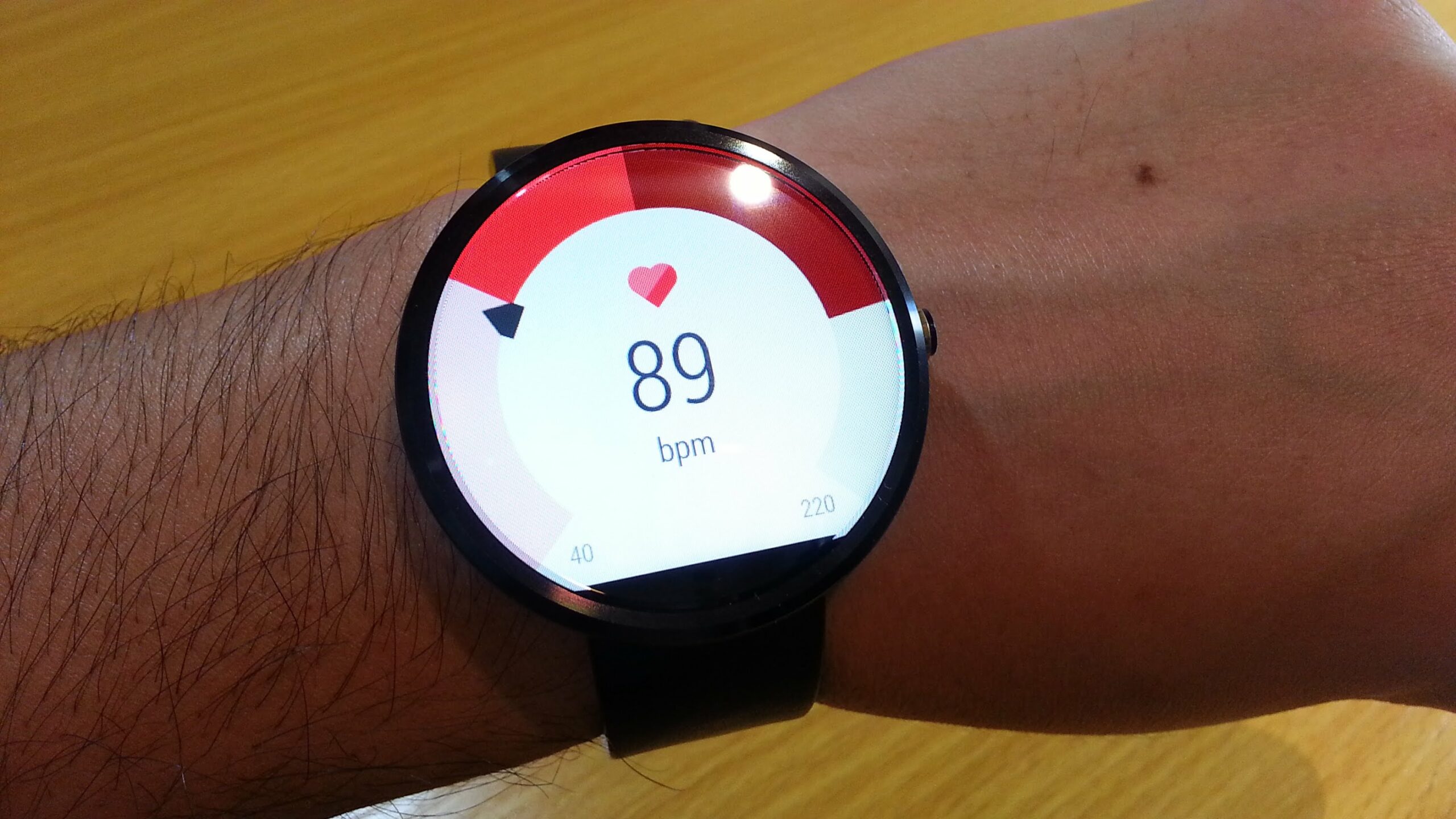Cardiology is one of the most critical fields in medical science. It has a direct correlation with the hearts of millions who suffer from some or the other heart condition around the world every year. To have a well-equipped cardiology department, every clinic needs to have the latest cardiology instruments.
Cardiology equipment used by leading hospitals around the world are manufactured by well-renowned brands that have been dealing with such instruments for a long time. Not only are these machines essential in treating patients, but they are also inevitable in diagnostic facilities that only focus on diagnosis. Doctors and nurses all over the globe trust these instruments to diagnose and treat patients with cardiovascular diseases and other physiological conditions.
Cardiology deals with the human heart and its various abnormalities. Millions die untimely deaths every year due to strokes and heart failures. That is why it is even more important to diagnose heart conditions before they become fatal. For those who are new to the world of Cardiology equipment and machines, it can be a difficult choice between various attractively priced instruments available in the market nowadays.
A comprehensive guide to the best machines:
There are many cardiology instruments that need to be present in every good clinic. These include stethoscopes, heart rate monitors, ECG machines, arterial tonometry indicators, heart monitoring patches, defibrillators and CMR (Cardiovascular magnetic resonance imaging). Let us take a look at three of the most crucial equipment:
- Heart rate monitor:
This machine is one of the must-haves in any clinic, whether or not it has a cardiology department. Since many of our bodily functions are well reflected in the pulse rate, it is as useful for a general diagnosis as it is for a cardiovascular one. While buying a bedside monitor you should keep the following things in mind:
- It should be able to display the basic body conditions like blood pressure, body temperature, heart rate, breathing rate, etc.
- The display is generally found in color nowadays, and the digital screen should be at least 12 inches.
- It should be compact and portable enough to be carried around easily.
- It should have very good battery back-up and of course, networking capacity.
- Electrocardiogram:
The ECG machine is the holy grail of all cardiology instruments and is considered to be one of the greatest inventions of all time! When buying an ECG machine, keep the following things in mind:
- The LCD should be extremely clear with high resolution and should have a minimum dimension of 5.5 inches.
- It should be capable of displaying up to 12 waveforms.
- It should have multiple work modes.
- It should have the interfacing capacity with computers and laptops.
- It should be portable and should have networking capabilities.
- Defibrillators:
This machine can be a life saver when a patient suffers a major heart attack. Defibrillators should have the following features:
- Should be capable of delivering electrical shocks of high intensity if required.
- Should be able to calculate the impedance and deliver another shock if the patient’s heart does not respond.
- Should have an advanced biphasic technology.
- Should have a minimum five years of warranty.
- Should be easy to operate and damage-proof.
These three types of equipment are a must in every cardiology department and should be of the highest quality possible. You should be careful while investing in these instruments and only go with reputed brands that maintain standardized quality and offer future protection against damage.

